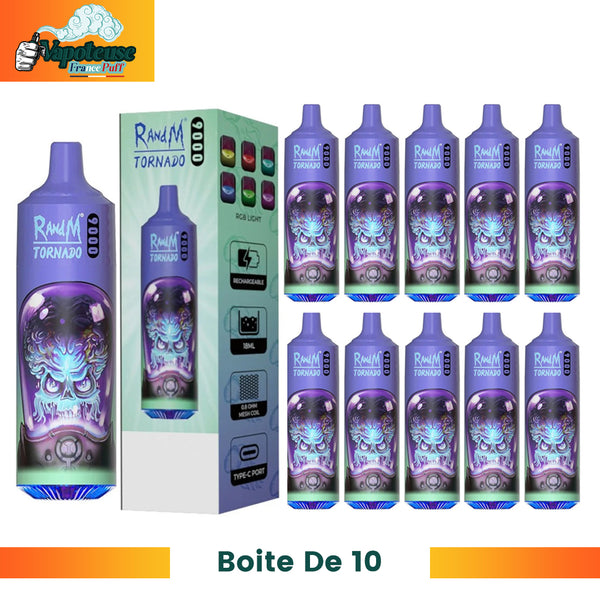9 Mistakes to Avoid When Creating a Store on Alibaba in Pakistan
If you’re thinking about starting a business by selling products online, creating a store on Alibaba might seem like the perfect opportunity. It connects suppliers and buyers worldwide and has opened the doors for countless entrepreneurs in Pakistan. But while it’s full of promise, it’s also filled with potential pitfalls—especially for beginners.
To help you launch your Alibaba store smoothly and make the most of this powerful platform, let’s explore the 9 most common mistakes Pakistani sellers make—and how you can avoid them.
1. Not Understanding How Alibaba Works
Many first-time sellers dive into creating a store without understanding how Alibaba operates. Unlike retail platforms like Daraz or Amazon, Alibaba is primarily a B2B marketplace, meaning you’re selling in bulk, usually to other businesses.
Avoid this mistake by researching how B2B sales work, who your ideal buyers are, and what kind of pricing strategy makes sense. If you’re selling small quantities or direct to consumers, you might need a different platform—or a hybrid approach.
2. Skipping the Business Registration Process
To open a verified Alibaba store, you need to be a registered business. Unfortunately, some sellers try to bypass this step, which leads to delays, suspensions, or a lack of credibility.
Instead, register your business properly in Pakistan. This gives your store authenticity, builds buyer trust, and opens doors to Alibaba’s verification features. Many customers only trust Gold Suppliers—so legitimacy pays off.
3. Choosing the Wrong Product Category
This is a major setback for many sellers. Picking a saturated niche or something you don’t fully understand can lead to poor sales and wasted effort. You might think you’ll strike gold by listing general items like clothing or electronics, but these categories are highly competitive.
Instead, focus on a niche that aligns with your knowledge, local sourcing capabilities, or unique products made in Pakistan, like leather goods from Sialkot or handicrafts from Multan.
4. Using Poor Quality Images and Descriptions
Alibaba buyers are often international and can’t inspect your products in person. If your listings have low-resolution photos or vague descriptions, they’ll move on to a competitor instantly.
Always use clear, high-quality photos showing multiple angles. Write detailed descriptions including dimensions, materials, certifications, and shipping timelines. This isn’t just good practice—it builds trust.
5. Ignoring the Importance of MOQ (Minimum Order Quantity)
Many Pakistani sellers set their MOQ too high, scaring off smaller buyers who want to test the waters before placing bulk orders. While big orders may seem appealing, too high a threshold can cost you potential deals.
Set a reasonable MOQ based on your product type, profit margins, and buyer profile. You can always offer discounts for larger quantities without locking out small buyers.
6. Not Communicating Professionally
Your buyer could be from the USA, Germany, or Africa. If your English is poor, responses are delayed, or messages are unprofessional, you risk losing valuable clients.
Use clear, polite, and timely communication. You don’t need perfect English—just be courteous, direct, and responsive. You can also use templates to standardize messages, quotes, and order confirmations.
7. Neglecting Platform Features and Analytics
Alibaba provides a range of tools to help sellers succeed—buyer behavior data, keyword rankings, ad campaigns, and more. Yet many Pakistani sellers ignore these tools.
Use your Alibaba dashboard analytics to monitor performance, spot trends, and adjust listings accordingly. Advertising tools like Alibaba’s Smart Marketing can help bring more visibility to your store.
8. Falling for Scams or Offering Poor Buyer Protection
Trust goes both ways. Just as you want reliable buyers, they want to know they’re protected too. If you offer no trade assurance or secure payment methods, buyers will walk away.
Always offer Alibaba Trade Assurance—it protects both sides and boosts buyer confidence. Never ask for full payments via unofficial channels, and stay alert for fake buyers or spam.
9. Going It Alone Without Support
Setting up and running a store on Alibaba takes effort, especially if you’re not tech-savvy or new to eCommerce. Many beginners make costly errors by not seeking help.
Here’s where professional help can make all the difference. For example, NJ Dynamic Solution, based in Sialkot, offers Alibaba onboarding services, product photography, digital marketing, and store management. If you’re serious about getting it right the first time, partnering with a team like NJ Dynamic Solution can save you time, money, and stress.
How to Get Started the Right Way?
If you’re in Pakistan and want to visit a physical location to get support with Alibaba, you’ll be glad to know there is an Alibaba office in Pakistan that can assist with business registration, training, and onboarding.
Combine that with local experts like NJ Dynamic Solution in Sialkot, and you’ve got a recipe for launching a successful, professional Alibaba store.
Final Thoughts
Creating a store on Alibaba can be one of the most rewarding decisions for entrepreneurs in Pakistan—but only if you approach it with clarity and care. By avoiding these nine mistakes, you set yourself up for long-term success.
Remember, it’s not just about being on Alibaba. It’s about being seen, trusted, and chosen—over and over again.












